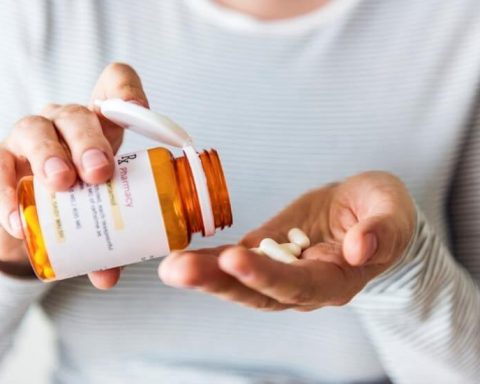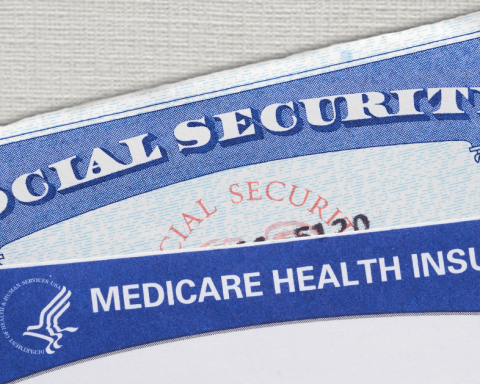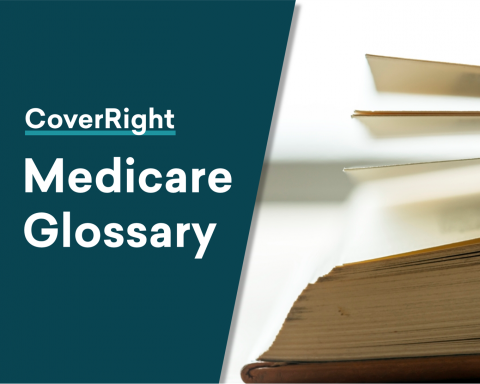Key Takeaways: Eligibility Differences: Medicare serves individuals aged 65 and above and those with qualifying disabilities, while Medicaid provides coverage based on income and state-specific requirements. Coverage and Cost Variations: Medicare includes hospital and medical coverage with premiums, while Medicaid often offers more comprehensive
MoreSpecial Needs Plan (SNP) – Tailored Medicare Coverage for Individuals with Specific Healthcare Needs
A Special Needs Plan (SNP) is a specialized type of Medicare Advantage plan designed to provide tailored healthcare coverage and support for
Read More »The S&P Company Credit Rating is a financial assessment provided by Standard & Poor’s (S&P), one of the leading credit rating agencies
Read More »A specialist is a healthcare professional who possesses advanced training, knowledge, and expertise in a specific area of medicine. Specialists play a
Read More »Specified Low-Income Medicare Beneficiary (SLMB) is a program that provides financial assistance to low-income Medicare beneficiaries to help them pay for certain
Read More »State Pharmaceutical Assistance Program (SPAP) – Financial Support for Prescription Medications
A State Pharmaceutical Assistance Program (SPAP) is a state-run initiative that provides financial assistance to eligible individuals to help them afford prescription
Read More »Respite care is a valuable support service designed to offer temporary relief to caregivers who provide ongoing care to individuals with disabilities,
Read More »Supplemental Security Income (SSI) is a federal assistance program in the United States that provides financial support to disabled, blind, and elderly
Read More »Redetermination, also known as an appeal, is a process that allows individuals to request a review and reconsideration of health insurance decisions
Read More »A tiering exception is a process that allows Medicare beneficiaries to request lower cost-sharing for prescription medications that are placed in higher
Read More »Transportation services in the healthcare context refer to programs and initiatives that provide assistance in getting patients to and from medical appointments
Read More »



